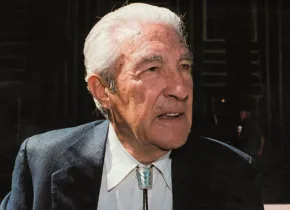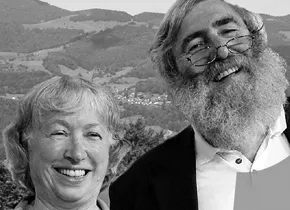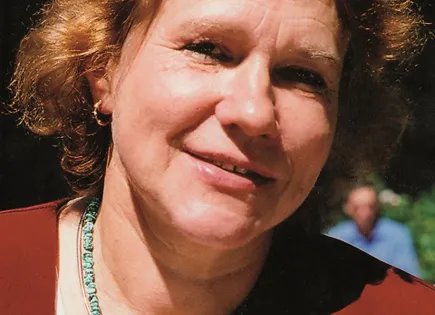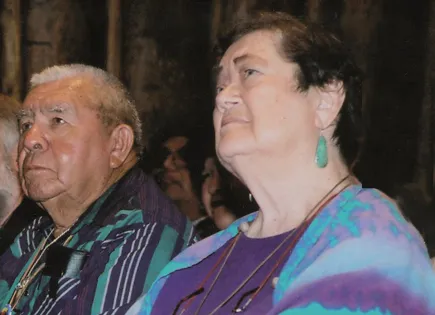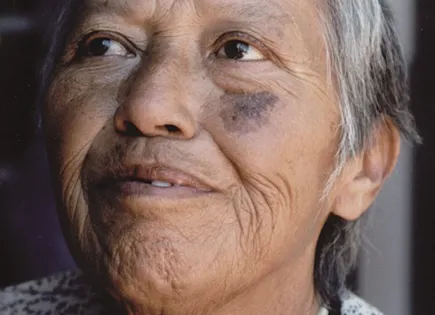1999
Stewart Udall, USA
Categories: Lifetime Achievement and Special Recognition – 1999
The lawyer Steward Udall was appointed the 37th Secretary of the Interior of the USA by John F. Kennedy after four terms in Congress. Afterwards he supported the victims of the nuclear industry in their fight for compensation. The turning point came in 1978, when he learned how the radioactive fallout from the bomb tests at the Nevada test site caused people in the surrounding area to fall ill and die. He received the NFFA for his life’s work.
Ursula and Michael Sladek / EWS, Germany
Category Solution – 1999
For the physician Michael Sladek and his wife Ursula, it was a question of medical ethics after Chernobyl to be committed against nuclear power. After sometimes bitter discussions in the municipal council and after two citizens’ decisions had been won, the electricity network concession was awarded to the Elektrizitätswerk Schönau (Schönau electricity plant), which had been founded for this purpose. And this produces sustainable and diverse electricity from renewable energies.
Lydia Popova, Russia
Category Education – 1999
Lydia Popova worked for 17 years as a scientific expert in the Russian Ministry of Atomic Energy and Industry (MINATOM), when she left in 1990 to become coordinator of SEU (Alternative Energy Program), an umbrella organization for 250 environmental and anti-nuclear groups, and repeatedly pointed out the dangers of a plutonized world community (e.g. “Plutonium in Russia”).
Grace Thorpe, USA
Category Resistance – 1999
Grace Thorpe had learned that her tribe, the Sac and Fox Nation, and 16 other native American tribes were willing to bury high-level radioactive waste on their land for 100,000 US-Dollar. She blocked the deal and founded the National Enviromental Coalition of Native Americans to save reserves nationwide from the dumping lobby. More than seventy tribes have joined.
Dorothy Purley, USA
Category Resistance – 1999
Dorothy Purley worked as a truck driver from 1975 to 1982 in the uranium mill of what was then the largest uranium opencast mine in the United States. She and many others were diagnosed with cancer. Dorothy Purley has since taken care of the claims of radiated victims, developed educational material for local schools, informed the tribal leaders of various Native American nations about long-term consequences.
